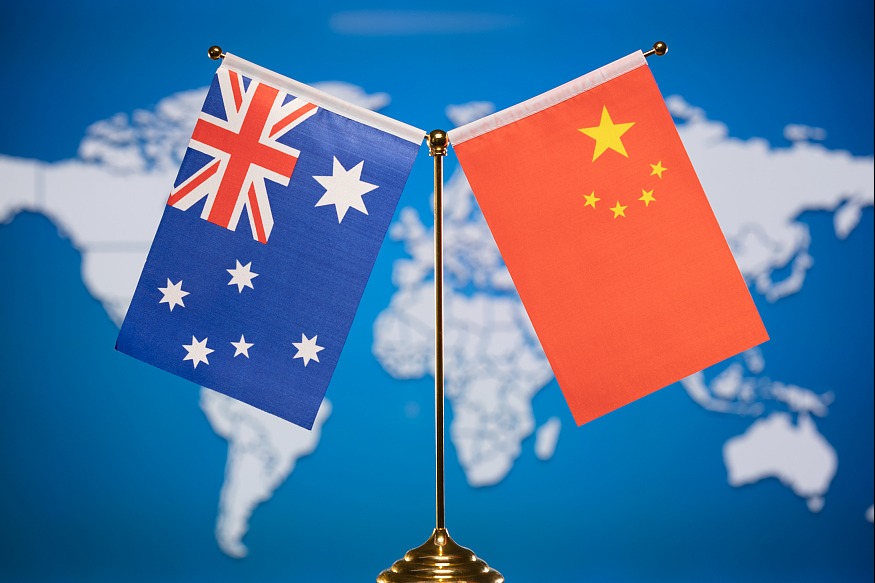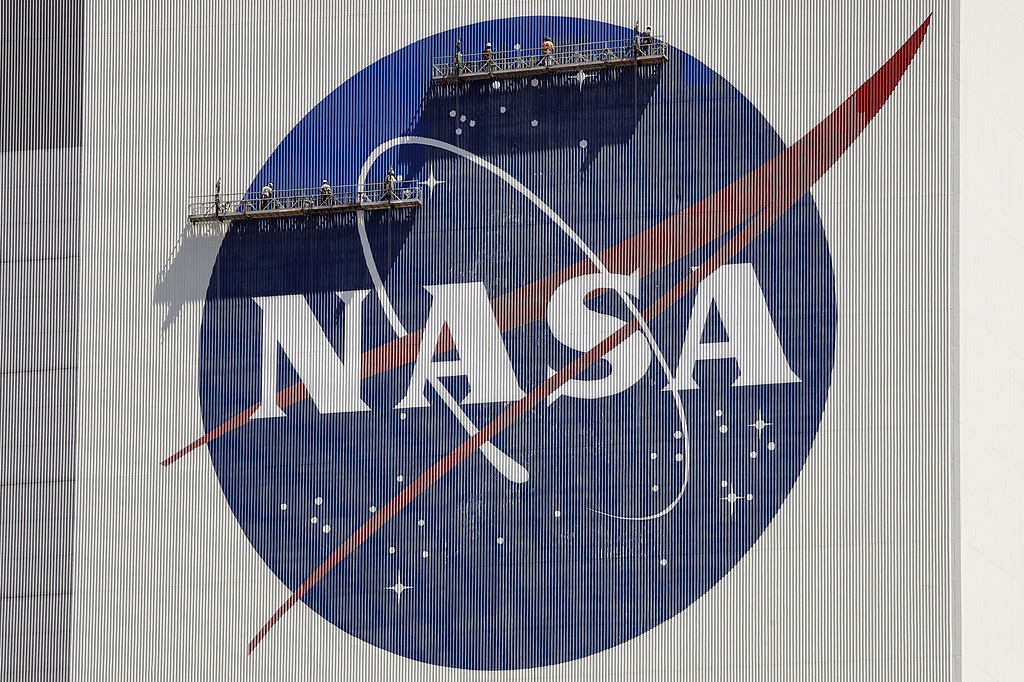Tariffs fuel push away from US
Rest of the world becoming stronger via new supply chains, alliances, experts say


The United States' tariffs on European Union imports — potentially up to 30 percent from Aug 1 — will push countries and companies to diversify their supply chains and seek non-US markets rather than inclining toward the US, according to trade experts.
Cameron Johnson, an affiliate of the Lau China Institute, King's College London, and a senior partner at Tidalwave Solutions, a consulting firm based in Shanghai, cautioned that steep US tariffs could redirect global trade flows.
"If the 30 percent goes through, this essentially gives Asian, African and European supply chains to China, because people will want to go somewhere else for materials and markets," said Johnson, an expert on China's economy and industry with over 25 years of experience in supply chains.
Despite the negotiations between the European Union and the US, which are still underway, the US tariffs will likely start at a minimum of 10 percent, with higher sector-specific rates in areas, such as automobiles, according to Johnson.
"Europeans should expect that there will be a minimum tariff level," he said, noting that some products like wine may suffer only modest profit reductions, but more significant duties would push companies away.
"If it's 25 or 30 percent, the automotive industry will have to figure out another pathway forward. Usually, that will have to mean finding new markets, non-US markets," he said, adding tariffs will not spur a renewed manufacturing renaissance in the US.
"Maybe a few products, maybe an industry, perhaps. That's possible," he said. "But a full-scale renaissance of US manufacturing due to tariffs is just not going to happen in today's world."
The lack of clarity surrounding the final tariff decisions is also stalling business investment and strategic planning. "Everybody is uncertain. And that means people are not making decisions. Businesses are not investing," Johnson said. "It's the uncertainty that is the killer at the moment."
Jack Perry, chairman of the 48 Group, a London-based organization which promotes equal and mutually beneficial trade, shared a similar observation: "Trump talks about protecting America, but what he has done is sending a global message: America can no longer be relied on. And that message is louder than the tariffs. It is forcing the rest of the world to look around and ask what other options they have."
"If tariffs go too far, American consumers will be the ones who suffer," he continued. "If global trade starts shifting out of US dollars, the dollar weakens. If that happens, Americans will not have the same buying power, and global exporters will no longer need to keep playing by America's rules."
'Not that difficult'
Sherman Robinson, a nonresident senior fellow at the Peterson Institute for International Economics, echoed their view and said: "It's not that difficult for the rest of the world to divert trade away from the US, and we are seeing that."
"Though there is an incentive for somebody to build a factory in the US in order to sell into this higher price, protected market, but not if you think it's completely chaotic," he said. "And furthermore, there are going to be tariffs on your intermediate inputs, so your value chains are expensive."
"For example, with automobiles," he added, "you may end up in a situation with all the steel and aluminum tariffs that the US becomes a high-cost producer of the wrong cars."
As a former economic adviser for the US President's Council of Economic Advisers in the Clinton administration, Robinson has largely worked on trade issues, including regional trade agreements, the General Agreement on Tariffs and Trade/World Trade Organization negotiations, and the North American Free Trade Agreement.
Robinson said what the Trump administration is doing with unilateral tariffs is in violation of every trade agreement that the US is involved in, and other countries are responding with trade diversion and more regional integration.
"I don't see the East and Southeast Asia economies becoming less integrated. I see them becoming more integrated, and so is Europe," he added. "Canada and Mexico are trying to diversify their trade… they are already working hard on it, but they are really tied to the US."
Robinson also pointed out that other global players continue to strengthen cooperation. "When the US pulled out of the first version of the Trans-Pacific Partnership, within a year, the remaining members had created the Comprehensive and Progressive Agreement for Trans-Pacific Partnership and now it's expanding … Britain is now a member, China is in line, (South) Korea is talking about it, and (there are) even talks within the EU about what they would like to join."
"Is this the end of the global trading system? The answer is no, it isn't. What you're observing is the US withdrawing, but nobody else is," said Robinson.
Perry said: "And here is the irony. While Trump is trying to make the US stronger by being the tough guy, he is making the rest of the world stronger by accident. Everyone else is getting on with business. New supply chains, new trading blocs, new alliances."

































